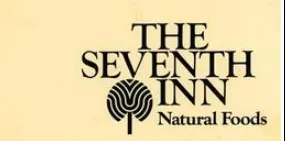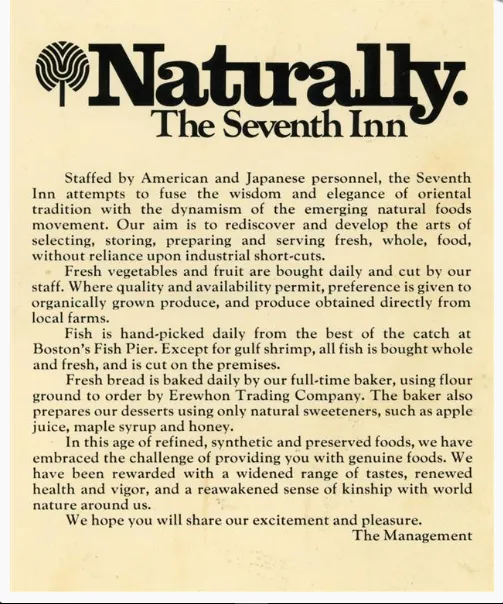
I wouldn't call it a bad job, but a great many other people in my life called it just that. I had a 90 or more hour work week, I was pretty much on call 24/7, I had no vacation time, sick time, health insurance, or retirement plan. I was paid far less than minimum wage for no more than 40 of my hours, I got chased around a work bench by a deranged Japanese chef wielding a knife sharpening steel, and I was required to live with my co-workers, all 30 something of them, in a crowded house in the suburbs of Boston.
Here's the funny part - I loved that awful job!
I had moved to Boston with my masters degree in pure mathematics to find a programmer's job, and taken a temporary job as a dishwasher in a macrobiotic restaurant, Sanae on Newbury Street. I remember that Huey was the manager of the restaurant at the time, and boy was he happy to see me when I came in on a moment's notice to wash dishes that first day. The restaurant was slammed, and the dishes were piled to the ceiling, literally. I knew what to do, having worked for a few years in a bustling fried chicken joint as a teenager. Both Huey and Claude, the current chef, were most grateful and impressed.
Sanae, along with a second small restaurant in Harvard Square named "The Last Chance," was a satellite restaurant to The Seventh Inn, a large and elegant macrobiotic restaurant in the heart of downtown Boston. The restaurants had originally been opened by none other than Michio Kushi himself, generally considered the founder of macrobiotics, Erewhon trading company, and the East-West Foundation. After some time, Kushi hired a master chef from Japan, Hiroshi Hayashi, to step in as chef of all operations.

The restaurants were staffed by apprentices to Hiroshi in a program that lasted about a year. During that year, the apprentices progressed through every kitchen station in the restaurant: first washing dishes, then on to making salad dressings, cutting vegetables, preparing meats and fishes, baking breads and desserts, garde manger, the line grill and stove, tempera fryer, line expediter, and finally head chef of the entire restaurant.
I was so darn good at washing dishes that first day, that I was encouraged to join them, as an apprentice. With stars in my eyes, I gladly did so. At the end of my very first week, the chef at the time, Andy, asked me how I liked my first 90 hour work week. I said "I love it."
And I did. I loved every single task I had to do for that place. I even prided myself on being able to carry a 100 pound bag of flour up two flights of stairs!
There were very few power tools or fancy tools in the kitchen. We made mayonnaise with whisks, peeled vegetables with knives, and kneaded breads by hand. We learned how to toss the contents of a hot saucepan by flipping saute pans of cold dry rice. We learned how to use chopsticks by transfering navy beans one by one between vessels. During our first days as chef, we were only allowed to season with salt, soy sauce, or miso. We worked hard, and learned a tremendous amount.
It could get hot in that kitchen, in more ways than one. Hiroshi was the one who chased me around a work bench threatening me with a sharpening steel. Good times.
Despite all this, I would call it the most influential job in my life, because it took me off the path of computer programmer, which I now know I would have hated, and put me firmly on the path to becoming a restaurateur.
Information on any of these restaurants, or about Hiroshi, is scarce online, but here's some info I found on two of the restaurants from about eight years before my time there.
http://www.michaelrossoff.com/original-menus-from-sanae--seventh-inn-restaurants.html
I'm over 700 words for this post, more than double the minimum. I could go on and on I'm afraid, there is that much more to tell! But I will stop here. A great many people worked there over the years. Perhaps some of the readers are among them, and we can reminisce
This has been quite the walk down memory lane for me, thank you for accompanying me on my walk.


This is my entry to @galenkp's weekend engagement challenge. I chose to write about a bad job in my past, and what I learned from it.